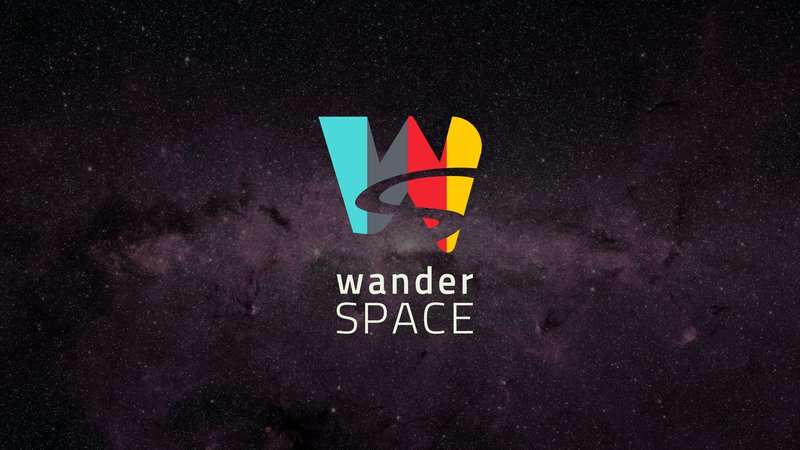that-vr-team | Virtual Space Exploration
Awards & Nominations
that-vr-team has received the following awards and nominations. Way to go!
The Challenge | Virtual Space Exploration
WanderSpace
An educational, problem solving, and collaborative VR game for kids using NASA and planetary data simulating realistic space environment to learn, play, grow and connect with space lovers.

Background
Wander Space provides an educational, collaborative, problem solving, relatable Virtual Reality experience utilising real data in order to inspire space exploration in schools, museums and at home. It allows space lovers to interact with each other, ask Alexa about facts and experience activities on spaceships and planets.
High-Level User Journey
- Select a category to learn about.
- Select spaceships or planets.
- Select an activity (solo or a group).
- Start exploring.
- Ask Alexa to take you to other planets and learn facts.
Product Vision
Our vision is to transform space science education by offering fun, relatable, interactive experience to all space lovers.
Product Current State
Currently, there's is one game available to learn about planetary data on Earth, Moon and Mars. In this game, the user has a little dog and he/she can throw a stick and change planets to notice the changes in gravity and atmosphere and air pressure.
We’re aiming to focus on kids in high schools and explore their experience in order to improve our performance.
Progress Updates
For more updates on our product roadmap visit our website wanderspace.com.au, enter your email address at the bottom of the page and signup for email updates.
Product Next Steps
Wander Space is working on introducing a Component Extractor and a Wander Lab to provide fun educational games about astrobiology, astrochemistry and geology.
Next for that-VR-team
We’re going to align our strategies with what our users want to learn about most. So we are working on a plan to reach out to schools in Sydney and test our product in schools. We want our potential users to try our app and provide us with their feedback. Some of our questions are:
- What are the first 5 questions you have if you meet an astronaut or a space engineer?
- What category of space science would you like to learn about first? Planetary science, Geology, aerospace?
- Would you rather talk to Alexa and hear responses to your questions or would you like to see the data?
- Would you use this app at home?
Tech Stack
- Virtual reality environment uses the oculus rift running with Steam VR
- The World state is stored online in a MySQL database, accessible via a web server written in Python using Bottle.
- Alexa integration is written using an AWS Lambda.
Why VR education
- Active rather than passive experience.
- An immersive experience without distractions.
- Immediate engagement.
- A hands-on approach that aids with retention.
- Helping students to understand complex subjects and theories.
- Forecast augmented (AR) and virtual reality (VR) market size worldwide from 2016 to 2022 (in billion U.S. dollars)
Why Alexa
- By using voice children who cannot read can interact with the game
- Responses from Alexa could audibly present useful information in a natural way while the user performs some task. No need to stop and read.
- Players can talk and listen while they are playing a game
- Alexa can understand and respond in many languages
- Alexa can act on the player commands while the player can focus on exploring planets
Challenges
- Experienced a rapidly developing idea resulting in an agile development approach in overdrive. Teamwork and rapid prototyping were crucial as the core idea developed into what is it now.
- Experiencing Alexa and it's capabilities for the first time, then integrating this into the solution meant rapidly treading new grounds and learning new systems
- Researching and understanding the environments of other planets, in particular following research obtained from NASA led missions such as Curiosity and the Mars Reconnaissance Orbiter along with other sources.
References
- https://www.statista.com/statistics/829884/virtual...
- https://www.nbnco.com.au/blog/education/how-vr-is-...
- https://en.wikipedia.org/wiki/Outline_of_space_sci...
SpaceApps is a NASA incubator innovation program.